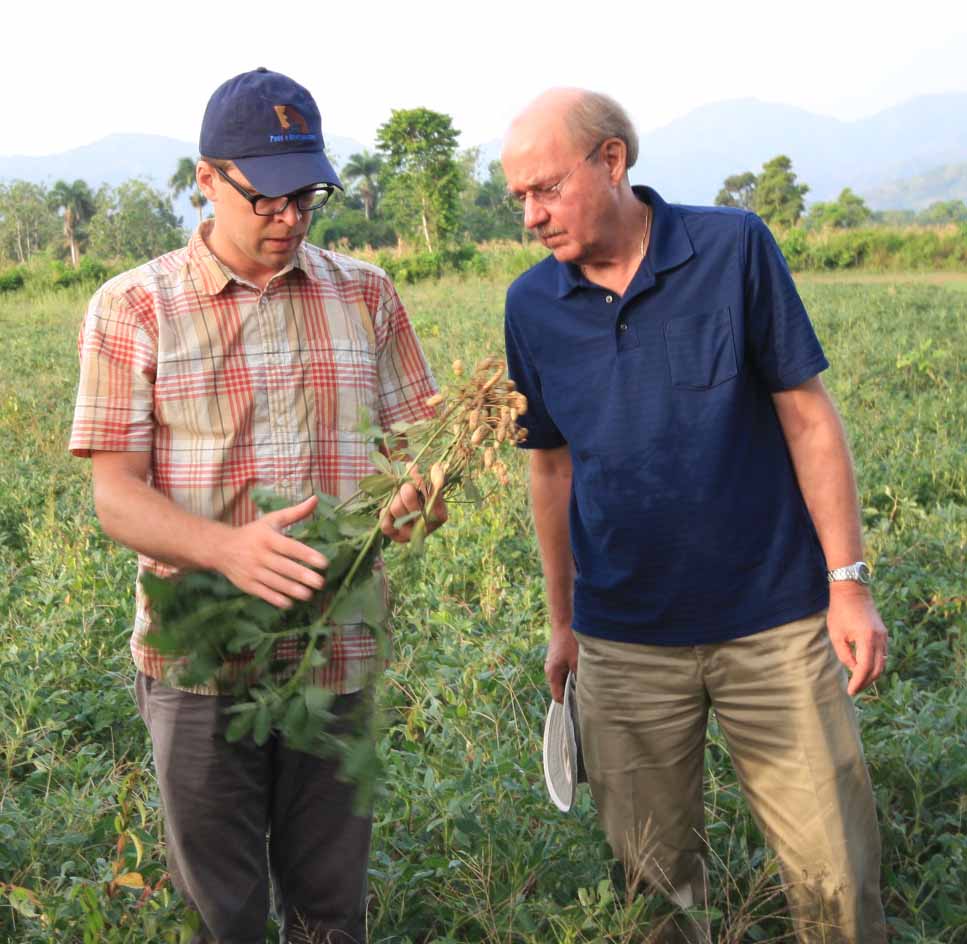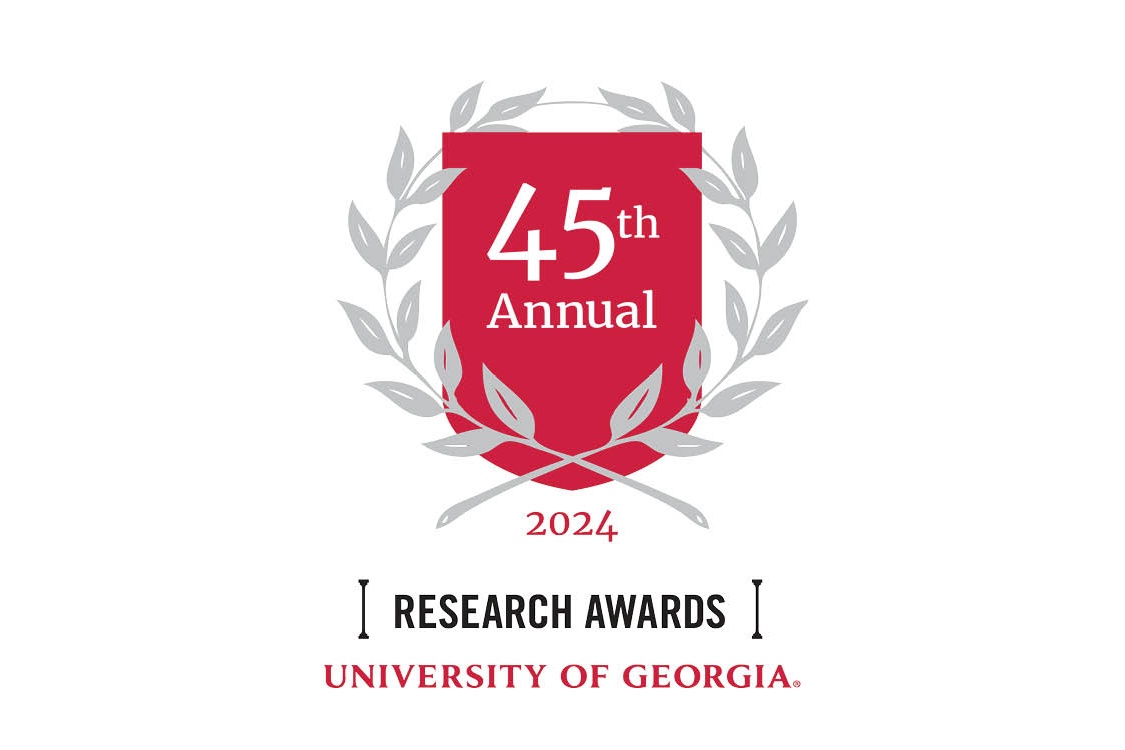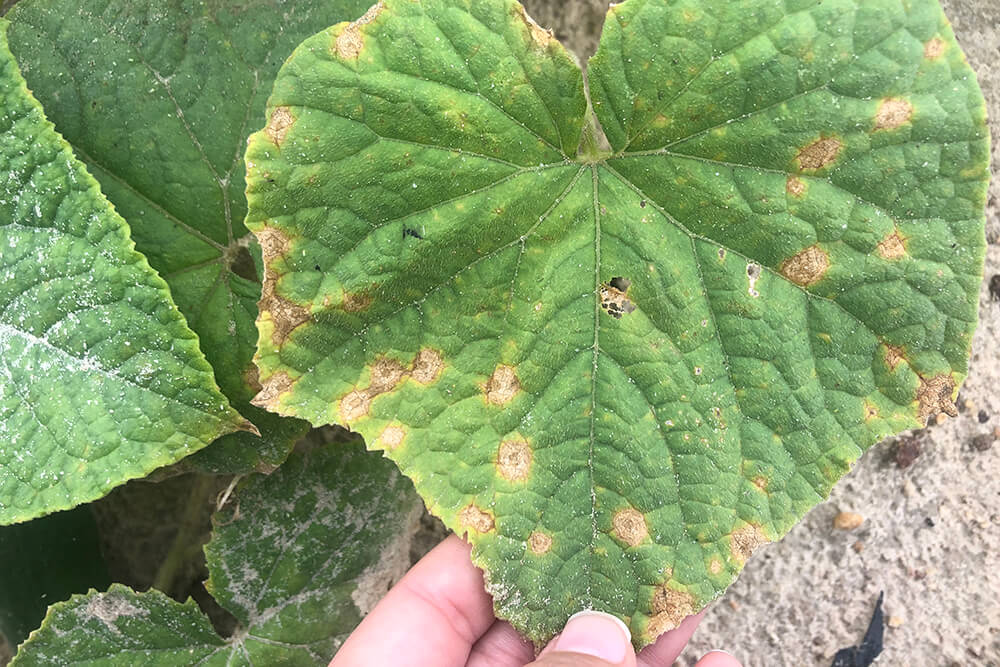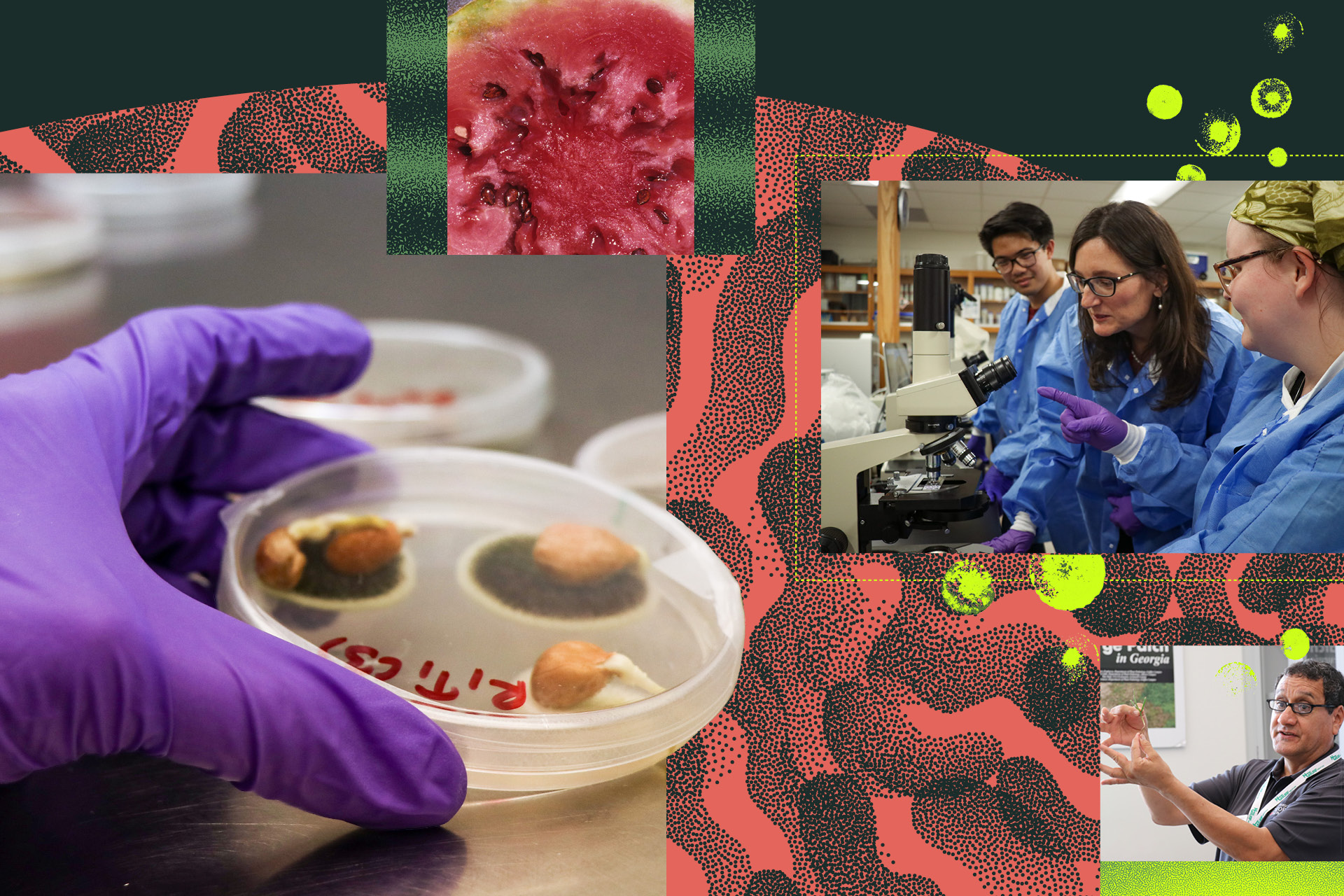The U.S. Agency for International Development (USAID)’s University of Georgia-housed Peanut & Mycotoxin Innovation Lab (PMIL) is helping to create Extension materials that will be used internationally to curb mycotoxin exposure among smallholder farmers.
Jamie Rhoads, assistant director of the USAID-funded PMIL, which is housed in UGA’s College of Agricultural and Environmental Sciences, helped to create a poster, brochure and guidebook that will help smallholder farmers worldwide decrease aflatoxin contamination in peanuts.
This outreach campaign was selected as one of the 20 proposals awarded from 250 international applications in response to the Technical Centre for Agricultural and Rural Cooperation’s call for proposals “to unearth and award top innovations that are transforming smallholder farms in Africa, the Caribbean and the Pacific.” The mycotoxin outreach materials were recognized this month at the centre’s International Forum on Unleashing Science, Technology and Innovation for Food and Nutrition Security in Arnhem, Netherlands.
“We developed a suite of technologies that made it possible to evaluate and control aflatoxin at the smallholder farmers level, including in-field testing, better production practices and better post-harvest handling,” Rhoads said.
“I hope that the publication will reach many audiences and that it will spread the knowledge that aflatoxin contamination can be controlled on a smallholder level,” he added.
Aflatoxin is a dangerous toxin produced by the molds in the genus Aspergillus. It affects peanuts and other crops that are harvested and stored in hot, humid conditions.
Current methods of controlling aflatoxin involve infrastructure and inputs that are often too costly for smallholder farmers. Globally, an estimated 2.5 billion people are involved in smallholder agriculture.
Bryan Sobel, former agricultural program coordinator at Meds & Food for Kids (MFK), drafted and submitted the original project proposal. Rhoads worked with Sobel during his time as an employee and then consultant at Meds & Food for Kids.
MFK is a U.S.-based, non-governmental organization working in Haiti to produce ready-to-use therapeutic food, with peanuts as a primary ingredient. MFK also provides training and markets for farmers while conducting agricultural research to improve crop yields and reduce aflatoxin.
“The thrust of this award is that it asks MFK to provide the information made available to Haitian farmers [and] to smallholder farmers around the world concerning aflatoxin abatement methods,“ said MFK founder Patricia Wolff. “The former Peanut [Collaborative Research Support Program], and now PMIL, have been working in Haiti with MFK for more than five years. In that time, a lot has been accomplished—aflatoxin levels have fallen, and peanut yields and farmer incomes have increased.”
The 20 awardees are working with a team of marketing and publishing experts to hone the message of their materials for farmers and policy makers.
The completed materials will be published and distributed in Africa, the Caribbean and the Pacific, in both print and electronic form, by the Technical Centre for Agricultural and Rural Cooperation.
The Technical Centre for Agricultural and Rural Cooperation is a joint international institution of the African, Caribbean and Pacific (ACP) Group of States and the European Union (EU) that works to advance food and nutritional security.






.png)
